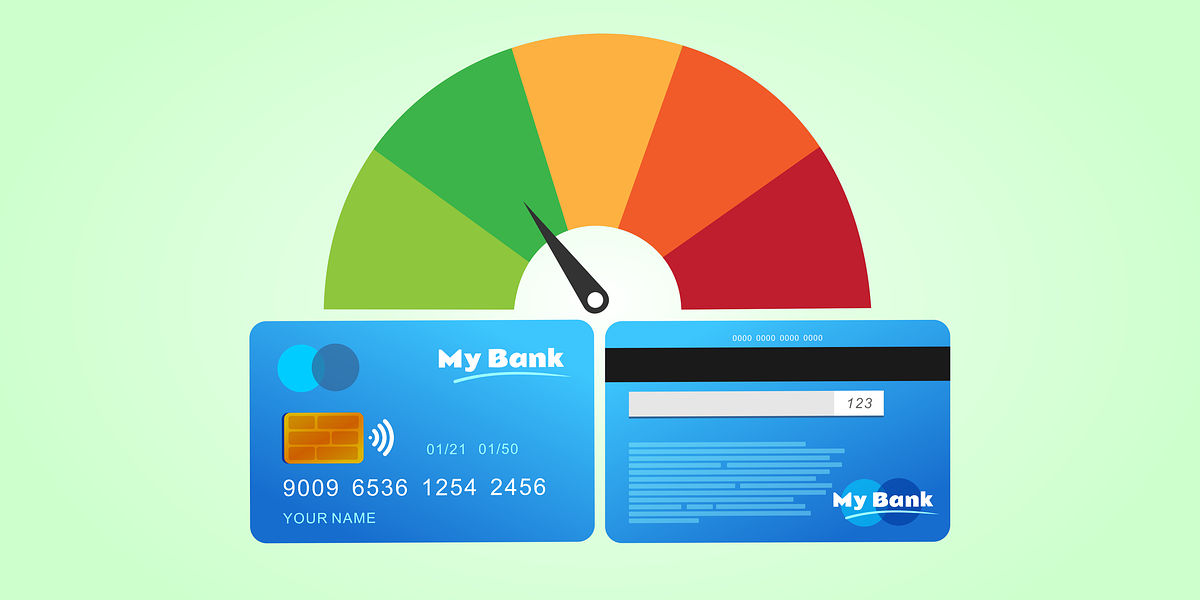In today’s financial landscape, understanding credit scores has become a necessity rather than an option. Exploring your credit score can seem like an uninteresting subject until you realize that it's the decisive factor in your financial journey. It tailors everything from your ability to get a mortgage or car loan, to even impacting the rates on your insurance premiums. Therefore, in this article, we take on the task of unraveling the complexities surrounding credit scores. We aim to help you understand why a good credit score is important and provide you with handy tips on how to improve your credit score.
Understanding Credit Scores: The Underlying Mystery
Credit scores are statistical figures utilized by lenders to gauge an individual’s creditworthiness. They are calculated based on numerous factors including your payment history, amount of debt owed, and credit history length. This three-digit number fluctuates as your financial activities change. For lenders, your credit score is an indicator of how likely you are to repay the money they lend you.
While there are various types of credit scores, FICO scores are the most commonly used by financial institutions. The FICO scoring model assigns individuals a credit score that ranges from 300 (poor) to 850 (excellent). Generally, a credit score above 700 is deemed good and people in this category face fewer hurdles when seeking financial assistance.
Why is a Good Credit Score Important?
The importance of having a good credit score cannot be overemphasized. A good credit score lifts many financial barriers, making it easier to acquire loans and gain favorable interest rates. Moreover, it sends a positive message about your financial health, not just to potential lenders, but also to anyone who might check your credit report such as potential landlords, employers, or cellular service providers. From getting approved for a credit card, to securing lower rates on loans and mortgages, having a good credit score gives you a financial edge.
Good credit scores are especially crucial when you’re looking to make significant purchases such as a house or a car. Lenders use your credit score to decide not only whether or not to approve your loan application, but also the terms of your loan. If you have a poor credit score you may not be approved for a loan. If you are, you'll likely be charged a higher interest rate than someone with a better credit score because you are considered a high-risk borrower.
How to Improve Your Credit Score: Practical Tips
Improving your credit score can feel like an uphill battle, especially if you are not sure where to start. Thankfully, various strategies can assist you in enhancing your credit score over time. Consistency and patience are the keys. Rather than aiming for a swift and drastic improvement, your aim should be a slow, steady upward trend in your credit score over time.
The Magic of Credit Scores: Breaking Down the Enigma
Contrary to popular belief, the calculation of credit scores is not a nebulous enigma. The scores are determined using a statistically derived, algorithmic model developed by Fair, Isaac, and Company (FICO). Your FICO score, the most commonly used credit score, is a potent snapshot of your credit risk at a particular point in time. So, what factors influence this important score?
There are five major components. First, your payment history, which speaks to your reliability in clearing your debts. This factor accounts for a massive 35% of your FICO score. Second, the amounts you owe, which makes up 30% of the score. This factor doesn't merely pertain to the absolute dollar figures. The calculation also considers the ratio of debt to available credit. The more you've tapped into your credit, the riskier you appear.
<p/The third component is the length of credit history, which constitutes 15% of your score. Financial institutions see borrowers with longer credit histories as less risky. The final two factors, new credit and types of credit used, account for 10% each. New credit refers to recent applications for credit, which could be a warning signal of financial distress. Types of credit underscores the diversity of your credit portfolio, including credit cards, mortgages, and installment loans.
Bolstering Your Credit Score: Proactive Steps You Can Take
Understanding the components that feed into your credit score, it's crucial to align your financial habits accordingly. Here are a few proactive steps to bolster your credit score.
Prioritize timely payments. Delinquencies tarnish your payment history - the most influential element of your credit score. Set up a monthly reminder or automate your payments to avoid falling behind.
Maintain low credit card balances. A lower rate of credit utilization poses a lower risk to lenders. This could lead to an increase in your score. Regularly review your credit reports. Annual reviewing allows you to spot errors that may negatively impact your score.
Limit new credit applications. While building credit is essential, too many hard inquiries in a short span can lower your score. Apply for new credit only when necessary.
Why Credit Score Matters: Beyond Just Loans and Credit Cards
It's not just about loans and credit cards. A good credit score can translate to lower insurance premiums, better negotiation power for lower interest rates, and can even tip the balance when it comes to job applications and rental agreements. The significance of a good credit score is immeasurable.
Unlocking the mysteries of credit scores may seem daunting initially, but a grasp of the basic principles and disciplined financial habits can enhance your score, opening doors to numerous benefits.




